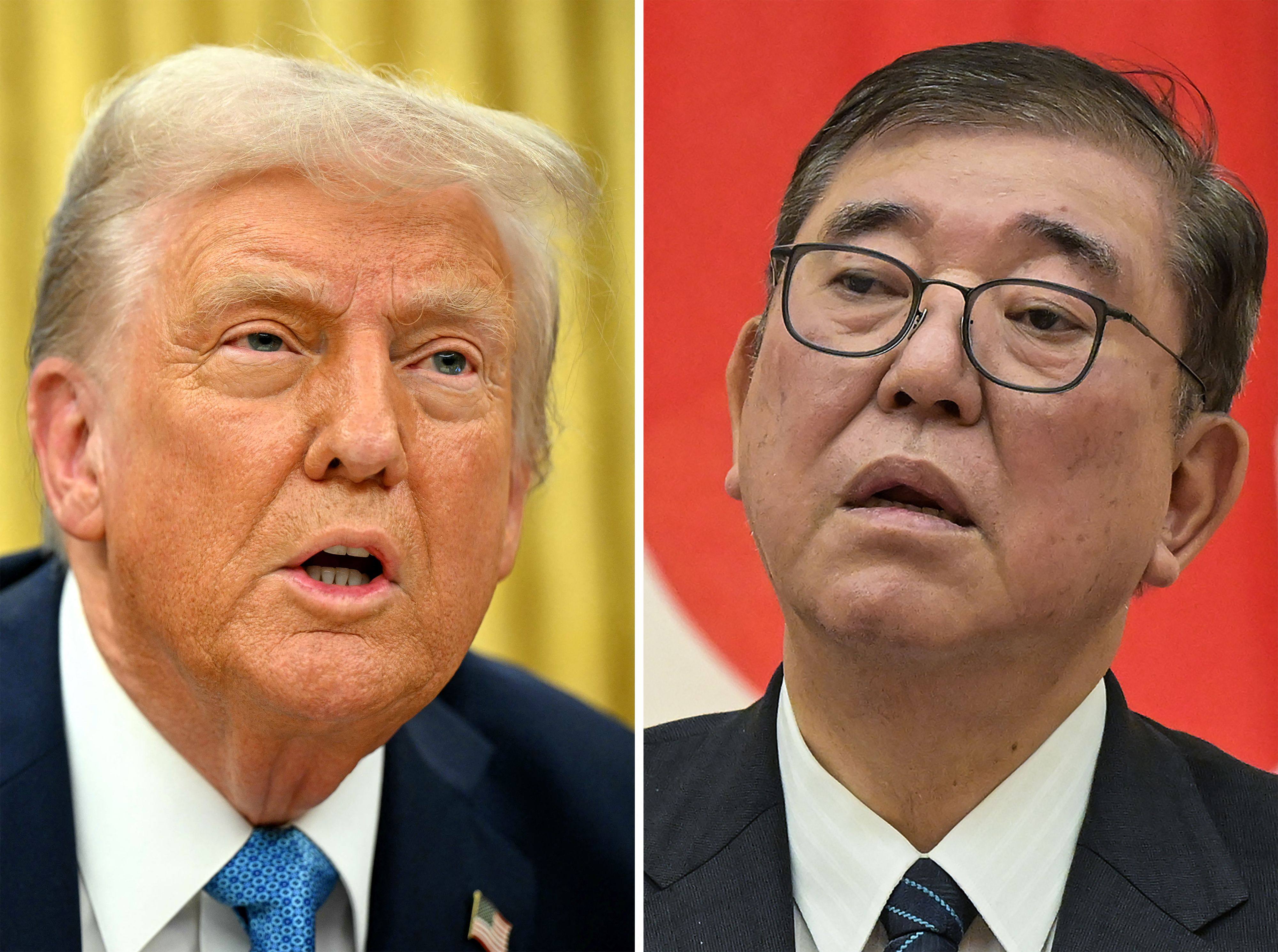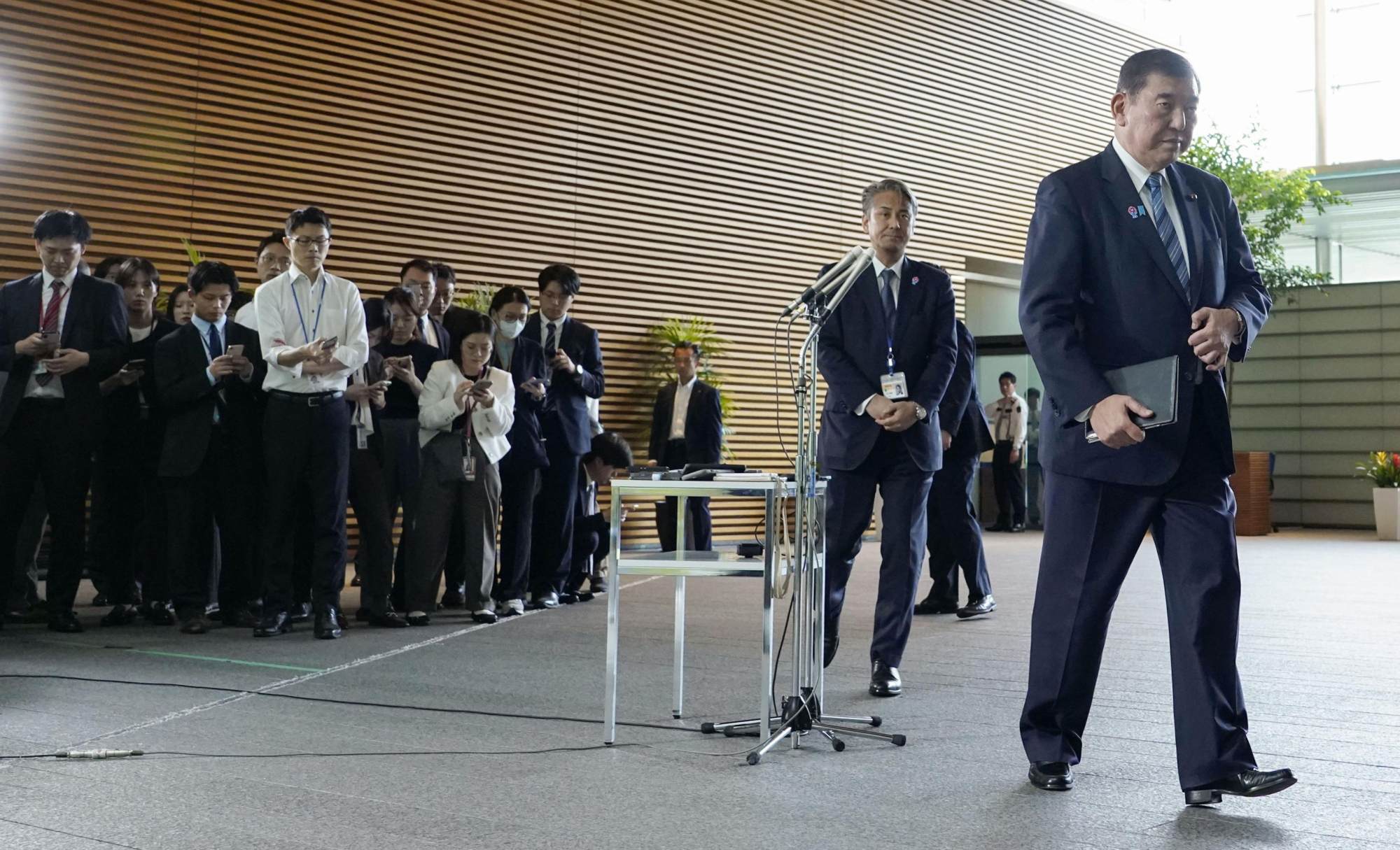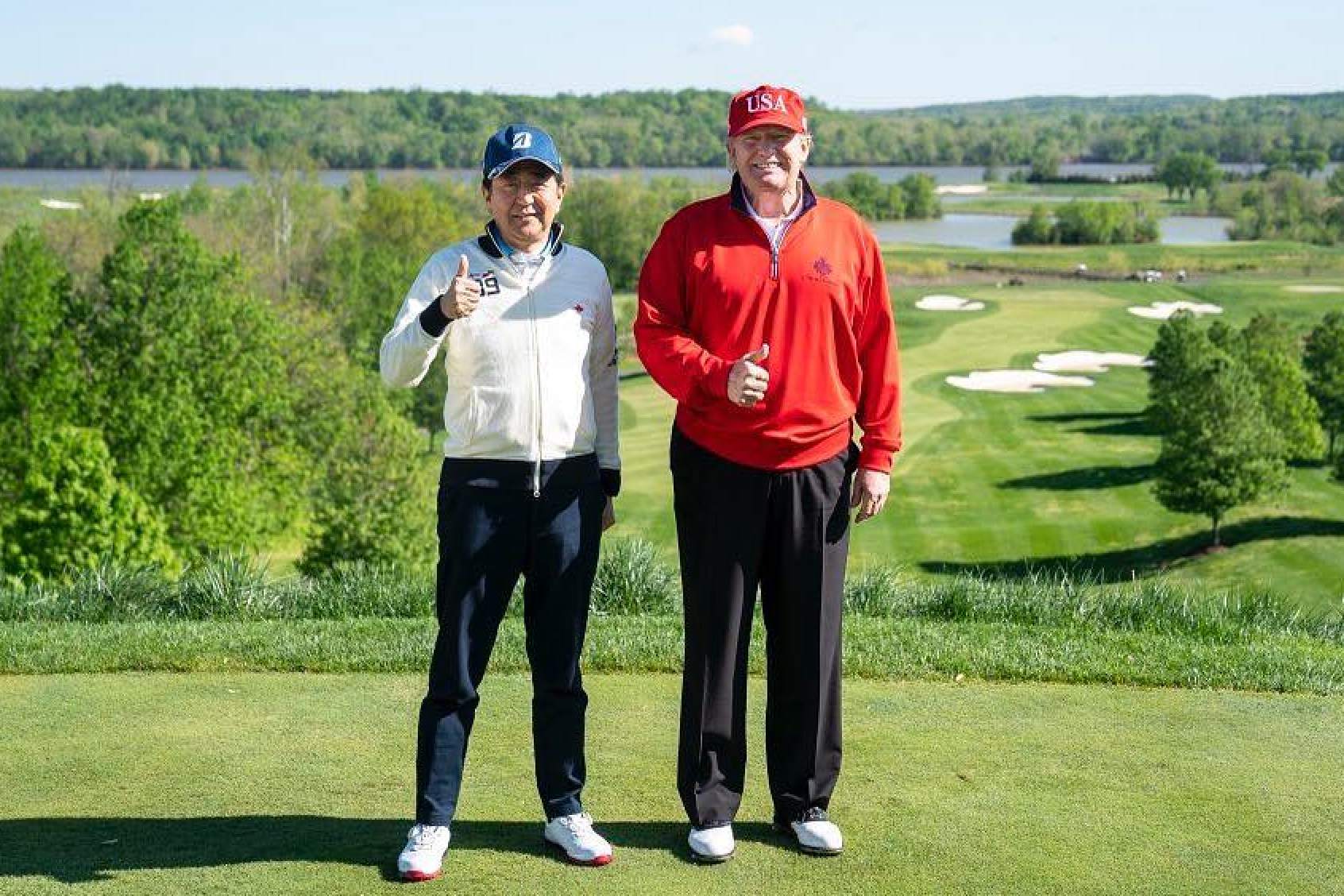Trump’s surreal call to Ishiba not about tariffs, but jets, self-praise: report
Report claims the 45-minute conversation was a surreal monologue about the US president boasting about his achievements

When Japanese Prime Minister Shigeru Ishiba took a surprise 45-minute call from US President Donald Trump last week, Tokyo braced for tough talk on tariffs. Instead, officials were reportedly met with a meandering monologue that some say reflected Trump’s need for affirmation more than any real interest in Japan – or Ishiba.
According to insider sources cited in a report published by the Asahi newspaper on Tuesday, Trump spoke at length about his recent Middle East trip, digressed into a discussion about his new fighter jet initiative, and offered unsolicited praise for his own achievements – all while adopting a tone so casual that some in Tokyo felt it bordered on the surreal.
A source from the Ishiba administration, quoted in the report, said the US contacted Japan on the morning of May 23 with a request from Trump to speak with the prime minister later that day.
The request caused concern in Tokyo, as Japan’s trade negotiator was about to depart for Washington to push for the removal of US tariffs on Japanese imports. Officials worried Trump would push for more American agricultural purchases instead of lifting sanctions.
When the two leaders were connected at 11am local time, 10pm in Washington, “Trump’s tone was so relaxed that the Japanese side was taken aback,” the Asahi reported. An official said it was as if Trump “was lying down and talking”.
And instead of launching into a list of demands, he provided a detailed explanation of his recent trip to the Middle East, where he sold weapons to previously unfriendly states and accepted a Boeing 747 from Qatar.
Trump also “praised himself for his great accomplishments”, according to officials quoted by the paper.
Apparently unsure how to respond, Ishiba said he believed Trump was “committed to peace”.
The president then shifted to the F-47 sixth-generation fighter jet, announced in March. Trump apparently said the “47” in F-47 was a “good number” – as he also happened to be the 47th president of the US – and asked Ishiba to agree with him.
He said the US had “such great” fighter jets and asked Ishiba if he would like to look at some. Trump added that he would arrange for Japan to “get the best” if Ishiba was interested.
The Japanese leader reportedly remained non-committal, likely due to Tokyo’s consortium with Britain and Italy to develop a next-generation strike aircraft.

The call concluded with the two leaders agreeing to hold a bilateral summit on the sidelines of the G7 meeting in Canada next month.
Japanese officials speculated that Trump’s sudden phone call was motivated by awareness that his recent trip to the Middle East faced strong criticism from the media, political rivals, and a public losing confidence in his administration just six months after his election.
One of Ishiba’s officials told the Asahi that Trump was unhappy with the criticism and decided, “Let’s call [Ishiba], who will listen to me.”
Trump may also have wanted acclaim for what he perceived as achievements and to have his ego stroked, the Asahi added.
While the exact reason for the call remains unclear in Tokyo, some officials suggested it does indicate that Ishiba and Trump are beginning to develop a political chemistry similar to Trump’s relationship with former prime minister Shinzo Abe, which helped shield Japan during his first stint in the White House.
Others are less sure.
“The world knows that the way to win over Trump is through flattery and getting on his good side, but that still does not necessarily guarantee that he will do what he said he would do,” said a US academic based in Japan who declined to be named.

“Being the ‘Trump whisperer’ did not do Abe any good in the end because even though he sucked up like an Olympian, Trump still put tariffs on Japan,” he told This Week in Asia. “Any leader who does act like that around Trump is going to suffer reputational damage.”
Toshimitsu Shigemura, a professor of politics and international relations at Tokyo’s Waseda University, agreed that Trump’s call should not be considered a sign of a burgeoning friendship that will benefit Ishiba or Japan.
“Trump always talks about his ‘friend Abe’ and met with his wife a few months ago, but Ishiba has not made any connection like that, and he means nothing to Trump,” he said.
He also noted that Ishiba has limited experience with foreign leaders and shares little in common with Trump. US advisers also said that Ishiba was seen as being close to China, complicating alliance formation due to the lack of shared enemies or values, he added.